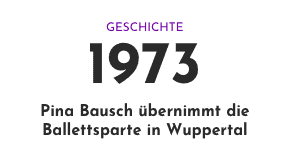
This opera is a milestone of music theater, not only because of the "jewel aria" of Margarethe, with which Charles Gounod composed a real hit in 1859. Gounod has long been considered a classic, especially because of his opera "Faust." When the Metropolitan Opera in New York was inaugurated, "Faust" was also on the program. Only in Germany, in the land of Goethe, was the Frenchified "Faust" received somewhat reservedly for a long time. At the beginning of his career, Gounod was only little interested in the stage, as he was primarily a church musician.
However, he engaged with German culture early on, with Bach, Schumann, and, as a twenty-year-old, also with "Faust," albeit in the French translation by Gérard de Nerval. His later opera is thoroughly romantic, with Faust's feelings for Margarethe clearly in focus, flanked by the dark temptations of the devil. Gounod's "Faust" opera was also successful because this work anchors four leading roles for the respective voice types: Faust is for a haute-contre tenor, Mephistopheles a black bass-baritone, Margarethe a lyrical soprano, and her brother Valentin a typically French, high "baryton-martin."
Matthew Ferraro now presents this "Faust" in Wuppertal, with Johannes Witt conducting the Faustian goings-on in the orchestra pit.



